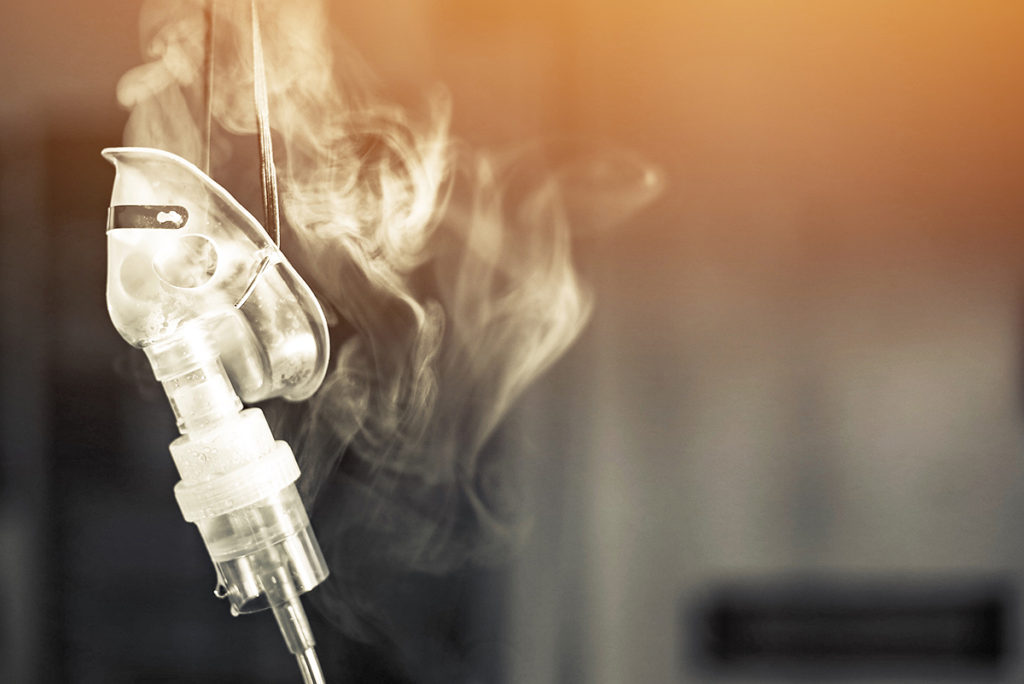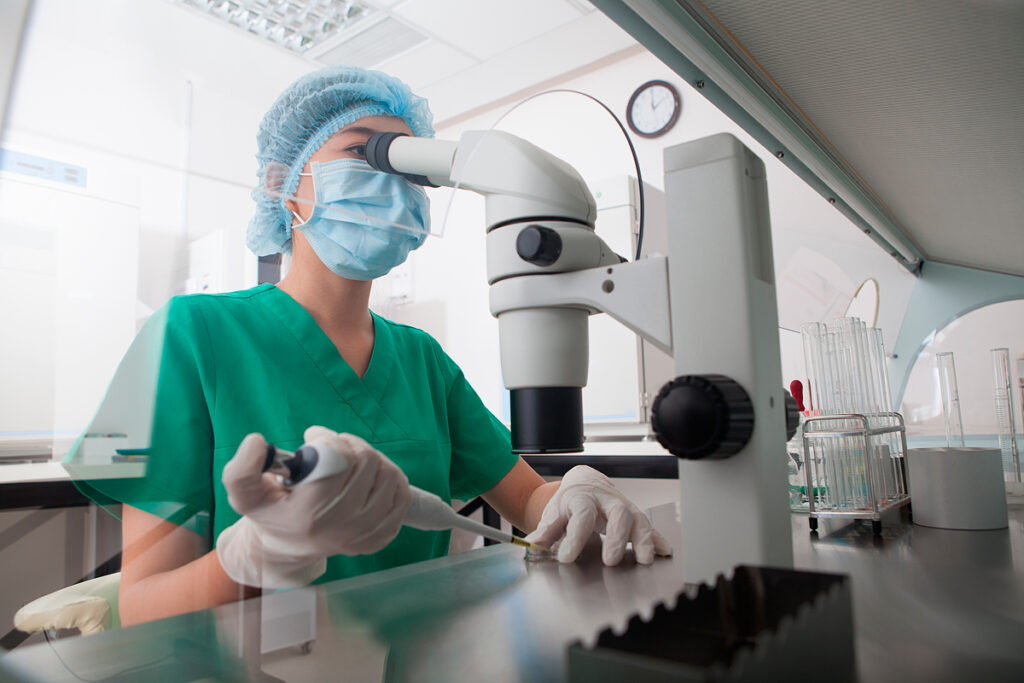The role of uncontrolled experimental studies
The COVID-19 pandemic is developing rapidly. Research groups of doctors and scientists all over the world are engaged in an urgent search for effective disease measures of prevention and treatment.
The increased burden on medical facilities makes it more difficult to conduct randomized placebo-controlled trials. Therefore, most experimental uncontrolled studies are conducted on small groups of patients. Such many studies allow you to quickly identify the most effective treatment tactics and already purposefully conduct a full-fledged trial.
The parameters of the study
An international team of doctors from the University hospitals of Toronto and Vancouver (Canada), Nedlands (Australia) and Wuhan (China) tested the effectiveness of COVID-19 treatment using interferon-alpha. During the SARS outbreak in Toronto, 2003, this treatment had accelerated the elimination of lung abnormalities.
The current study involved 77 patients. Their initial symptoms were fever, cough, headache, myalgia, shortness of breath and diarrhea. All patients had no persistent signs of main organs dysfunction. None of the patients had respiratory distress requiring oxygen supplementation or intubation. At the same time, a chest CT scan revealed abnormalities corresponding to viral pneumonia.
The severity of all patients was assessed as average.
Experimental therapy scheme
First group was treated with IFN-α2b, the second group – with Arbidol, the third group of patients were taking both IFN-α2b and Arbidol. All patients were taking ibuprofen for fever relief and treated with antibiotics to prevent bacterial infection.
Interferon-alpha not only suppresses virus replication, but also supports the immune response to viral infection. Arbidol has a direct antiviral effect, induces interferon production and phagocyte activation.
Patients took interferon-alpha-2b at a dosage of 1 million IU twice a day as an aerosol using a nebulizer and mask. Dosage for Arbidol was 200mg three times a day.
Patients monitoring
Throughout the disease, each patient was regularly given a complete blood test, a biochemical analysis of blood serum, tests of serum cytokine levels and biomarkers of inflammation.
At the beginning of hospitalization, all groups of patients have shown a raised level of alanine aminotransferase. There also was a peak of platelets increasing in 2 weeks after the first disease symptoms. The rest of the biochemical parameters remained within normal limits.
Significant differences in groups were observed in inflammatory markers indicators such as interleukin-6 (IL-6) and C-reactive protein (CRP). Levels of IL-6 and CRP remained low in groups where patients were receiving interferon or both interferon and Arbidol,. In the Arbidol-only group there were significant spikes in markers of inflammation. The level of IL-6 was particularly on average of 33.5 PG / ml higher than in the interferon-only groups. The rest of cytokines remained within the normal range in every treatment group.
Results
The therapy effectiveness was assessed by the disease duration: from the first symptom to the first negative PCR test for SARS-CoV-2.
Such results show that adding interferon alpha-2b to the treatment program is reducing the disease duration. The average duration Arbidol-only group was 27.9 days. The group which received only interferon – 21.1 days. Both interferon and Arbidol group – 20.3 days.
The results let us believe that the use of interferon is justified. But it is important to mark that this treatment was provided only to moderate severity patients. The cohort was small, non-randomized, with an unbalanced demographic structure between treatment groups with unequal quantities of patients.
The effectiveness of such treatment for severe conditioned patients essentially requires additional research.
Useful article, necessary information? Share it!
Someone will also find it useful and necessary:



